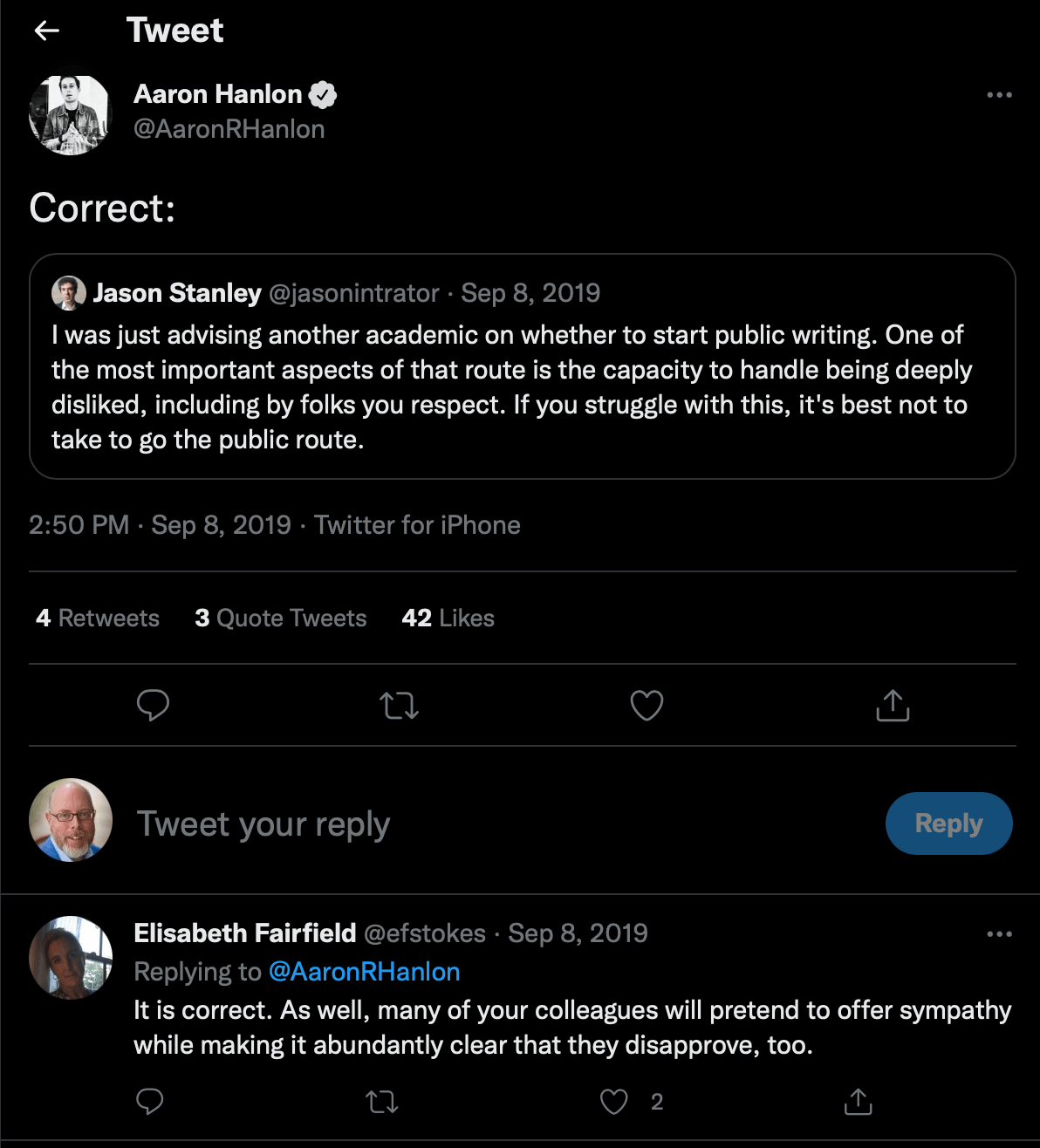How Experts Missed Calling the War
Tyler Cowen asks: Why didn’t more than a couple international relations (IR) scholar/experts see a war coming between Russia and Ukraine? (He Googles “Who predicted Russia war against Ukraine” and comes up with the University of Chicago political scientist John Mearsheimer, “a retired Russian general, and a blind psychic, but no bevy of IR scholars.”)
Cowen then offers six or seven potential answers to his question, which more or less all come down to these IR scholars’ academic leftism (and its failure to appreciate true evil), their herd mentality and fear at sticking their necks out, and their detachment from the world they purport to specialize in. And so we quickly land on the by-now familiar narrative of the intellectual class — pampered, myopic, biased, careerist and careening into irrelevance.
Hold on, says Paul Poast, professor of international relations at the University of Chicago and a fellow at the Chicago Council on Global Affairs. The IR community didn’t get Russia/Ukraine wrong, and here are three threads linking to some of these prominent warnings.
Now, a lot of these warnings came not from IR scholar-experts but from career diplomats, spies and military types. And a lot were buried in speeches and books. But we nailed it! says Poast. And so we quickly land on another familiar narrative of the intellectual class — just fine, on point. It’s the world that’s not paying sufficient attention to us.
The two narratives might seem mutually exclusive. For me, they’re both partially true and both ultimately distracting. Cowen’s correct: Ecosystems and culture are critical for developing public experts worth a damn. But we need to understand — at a far deeper level than his anti-academic cliches take us — how strong the forces are arrayed against most scholars’ progression from expert to public expert. Especially the persistent degree of hostility in the research community itself to public relevance referenced in this tweet:
And while Poast is correct that individual IR scholar-experts were on point for the conflict, he can’t reasonably claim that those insights were widely known. Are scholar-experts really content with “having called it” in obscurity?
Society always has plenty of public experts. But these days, not nearly enough of them are actual experts. Scholarship fixes that not through scapegoating or denial, but by creating ecosystems that nurture and reward public relevance in the first place.




